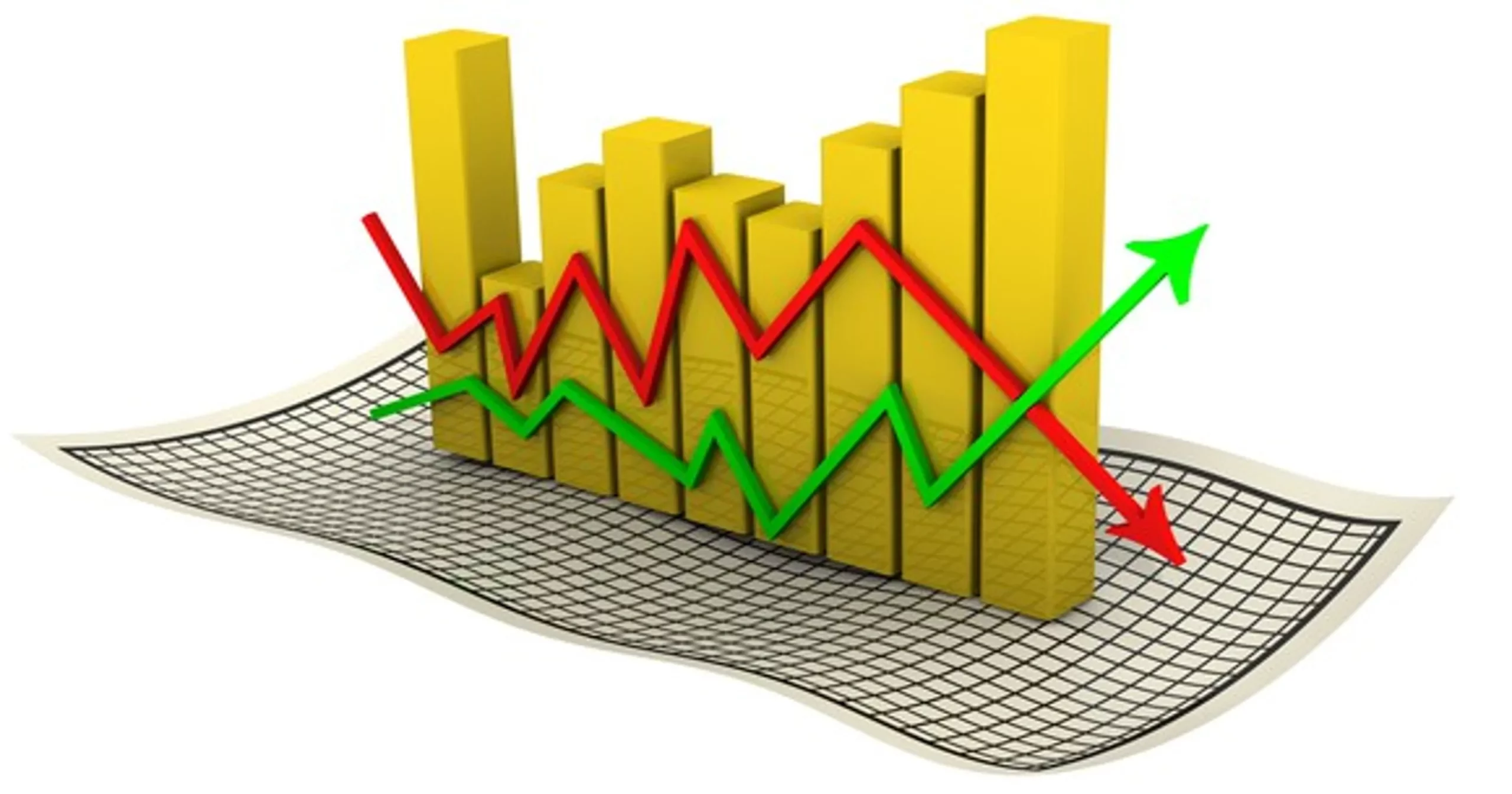The Sage of Omaha, Warren Buffett, may have been referring to the volatility in the forex markets when he discussed general markets. Market swings might be your friend when trading forex online on the world market. You must understand how to harness it to make it operate in your favour.
What is volatility in forex markets?
The price fluctuations of assets are referred to as volatility in simpler terms. Over a certain time period, it calculates the difference between the starting and closing prices.
For instance, a currency pair between 5 and 10 pips is less volatile than one that oscillates between 50 and 100 pips.
You may find that certain currencies and currency combinations are more volatile than others if you look closely. You’ve probably heard the expression “safe haven,” which refers to certain currencies such as the US dollar, Swiss franc, and Japanese yen. (To a certain extent).
Therefore, depending on your trading style, strategy, and preferences, you can always discover a currency pair that will suit your trading technique. While some traders like trading in volatile markets, others may not enjoy the substantial risk of such volatility.
The reasons of volatility in currency pairs
Let’s examine a few of the variables that contribute to volatility and might impact your forex trading.
Geopolitical factors
One of the main causes of volatility is wars (military invasion), uprisings, riots, and other types of civil disturbance. This is because while some volatility in the markets is necessary, prolonged and intense levels of uncertainty (such as those caused by wars and uprisings) are bad for traders’ sentiment and the market.
Trade wars
Trade wars may cause market volatility owing to the billions or trillions of transactions involved, whether it’s the US vs. China, the US vs. Europe, or any other area or country. The currencies involved in a trade war will eventually be impacted, one way or another.
Monetary policies
Global central banks play a significant part in controlling the movement of money. They may control the amount of money in circulation through changes in interest rates. Understandably, every forex trader monitors central bank decisions, whether from the US Federal Reserve, the Bank of England, the Bank of Canada, the Bank of Japan or the Australian Reserve Bank (ARB).
Trader and market sentiment
It is a reality that the individuals in charge of market movements are what make them happen. Markets are moved by traders and investors all around the world. Additionally, market volatility might change depending on whether a positive or negative sentiment dominates, highlighting the significance of corporate forex advisory services in navigating such fluctuations.
The most volatile currency pairs
Certain currency pairs are more volatile than others. Find out what causes the most volatile currency pairs to see more volatility by looking at some of them below.
AUD/JPY
A currency barometer is the AUD / JPY currency pair. The Australian Dollar is seen as a currency with a high appetite for risk, which means that it will be in demand when the currency’s value falls. The Japanese Yen, on the other hand, is a typical safe haven and will be in demand when markets are in a “risk-off” posture. As a result, the AUD/JPY is a volatile currency pair, rising when traders are feeling good and seeking risk and falling when traders are becoming risk-averse.
GBP/CAD
The British Pound cross rates are frequently the most volatile of the major currencies. As Canada is a significant oil producer, the Canadian Dollar is another “risk-on” currency that is greatly impacted by the direction of the oil price. The Canadian Dollar might see severe pressure if markets enter a “risk-off” mode as oil prices decline. Conversely, the currency tends to prosper when traders are looking for risk and rising commodity prices.
USD/TRY
The Turkish Lira Central Bank occasionally experiences dramatic price swings, which are influenced by geopolitics, the unpredictability of the country’s central bank, and the impact of politics on its direction.
Forex volatility trading tips
How can you take advantage of volatility now that you know its origins and the elements that influence it? How can you use extra volatility in your forex trading?
There must be methods to make market volatility work for you and your trading success if you follow Warren Buffett’s advice and view it as a friend rather than an opponent.
Use stop loss orders
You provide extra safety for any market volatility if you establish a stop loss threshold for each forex trade you make.
Monitor the economic calendar
You will be better able to predict market volatility, at least to a certain extent, if you keep an eye on market volatility and are aware of the major economic calendar events and decisions that might potentially influence the markets. Keep in mind that market volatility is a given; your difficulty as a trader is in how you respond to it when it occurs.
When high-impact events might bring higher volatility, some traders opt to wait on the sidelines. But, some traders also aim to take advantage of the major price movements surrounding certain price events. Whichever your inclination, it pays to keep an eye on keeping track of important events that might influence your trading. To keep up with these major events, learn how to read the economic calendar.
Limit your leverage
By now, you must be aware that leverage may be a double-edged sword. Both your successes and your losses may be amplified by it. You are already putting some extra risk management strategies in place by restricting the leverage you employ for your trades.
Final Words
When trading the financial markets, volatility is one of the most crucial ideas to understand. Investors may also use this word without comprehending what it implies or how extra-volatile markets function. After reading this post, you now completely understand how volatility functions and how to trade it successfully!
